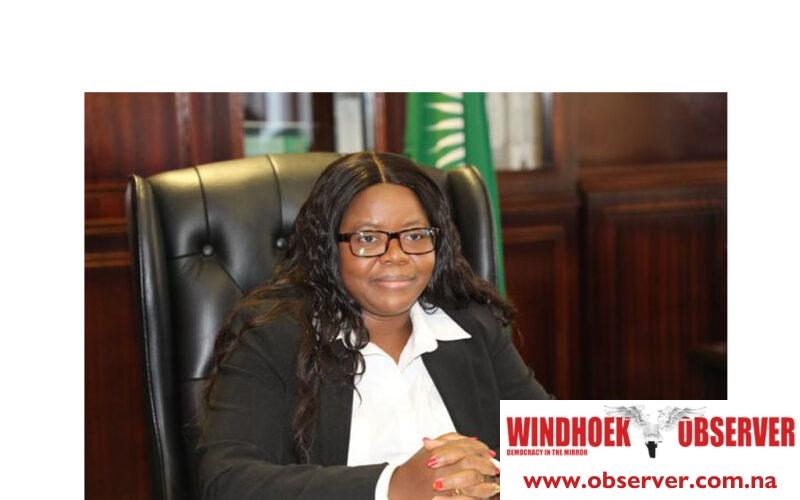Stefanus Nashama
As members of Parliament continue to contribute to the call for recognizing sign language as the second official language in the country, more lawmakers are stepping up in support of the motion.
Deputy Minister for International Relations and Cooperation, Jenelly Matundu, added her voice to the cause this week, urging her fellow MPs to consider accommodating deaf people by supporting the motion.
She pointed out that the proposal aims to safeguard and promote the linguistic rights of hearing-impaired people in all aspects of Namibian society.
Supporting the motion tabled by Deputy Minister of Disability Affairs, Alexia Manombe-Ncube, about two months ago, Matundu argued that sign language can serve a group of people whose linguistic rights are not yet fully met.
“Sign language builds on hand movements and acts as a tool for communication and interaction with people,” she said.
According to Matundu, recognizing sign language as an official language in Namibia would make it the second official language alongside English, promoting inclusivity.
She emphasized that the rights of deaf people would be realized when their linguistic rights are acknowledged.
She, however, stressed that this can only happen when sign language and its use in all aspects of human life are recognized and respected.
“Whether you are deaf, hard of hearing, struggle with the English language, or communicate perfectly well, sign language creates an open line of communication between all groups of people,” Matundu argued.
Matundu pointed out that sign language offers multiple communication benefits for deaf and hard-of-hearing individuals.
This includes both social and cognitive benefits for communication purposes, with its visual format making it easier to understand.
“The additional cues provided by signs support the learning of new words and help individuals understand how and when to use them,” she noted.
In alignment with Manombe-Ncube’s motion, Matundu expressed her support for the appointment of sign language interpreters for live parliamentary debates. Manombe-Ncube’s motion is consistent with Namibia’s constitution and international commitments on the rights of persons with disabilities.
At the outset of the proposal, Paul Nanyeni, the Executive Director of the Namibia National Association of the Deaf, voiced his support for the motion, considering it a significant step towards equality for the deaf community.
Nanyeni reiterated that the absence of sign language interpreters for live parliamentary debates might hinder the participation of individuals with hearing disabilities in national discussions.
Many other parliamentarians have also come forward in agreement with the motion, highlighting the growing consensus within Parliament for the official recognition of sign language.




